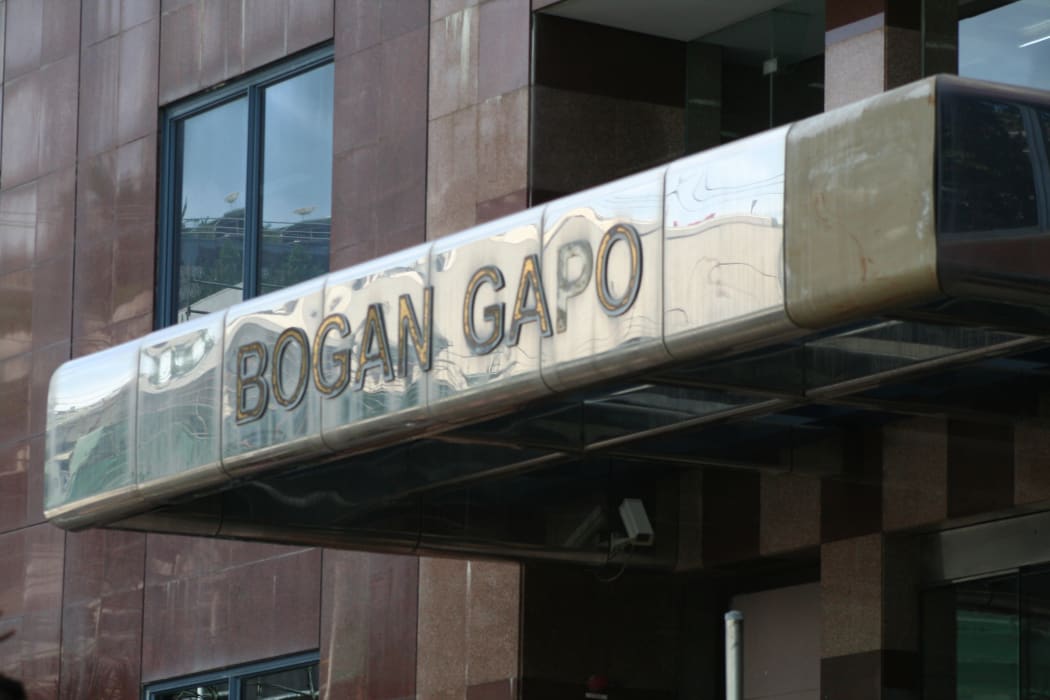Papua New Guinea's revenue base has shrunken back to where it was a decade ago, despite the economy having doubled in that time.

Bogan Gapo building, or Revenue Haus, houses Papua New Guinea's Internal Revenue Commission and Customs Service. Photo: RNZ / Johnny Blades
Treasury's 2016 PNG Mid-year Economic and Fiscal Outlook shows a collapse in revenue for a second consecutive year.
An Australian economist and Director of the Development Policy Centre, Stephen Howes, said a central reason for the reduction is what he called almost a disappearance in taxes from the mining and petroleum sector.
He said that amidst a general economic slowdown with the fall in global commodity prices, PNG had been caught between old, declining resource projects and newer ones that are not generating tax revenue.
"You've got these mature projects like Ok Tedi and the oil fields that are actually depleting, they're producing less," he explained.
"So those old projects are less profitable therefore generate less tax revenue. You've got new projects, although they've come on stream, they're producing hardly any tax revenue at all."
Professor Howes said the fact that revenue hasn't kept pace with growth of the economy was bad news for PNG because since 2006 its population has grown by around 25 percent towards around eight million.
"It's an unfortunate situation, but it's one that is going to last for several years because the new projects, like PNG LNG, they're not going to generate a lot of tax for say another seven or eight years, actually."
"So PNG's going to have to get used to coping with a much more revenue-constrained environment than it has been in the past," he said.

